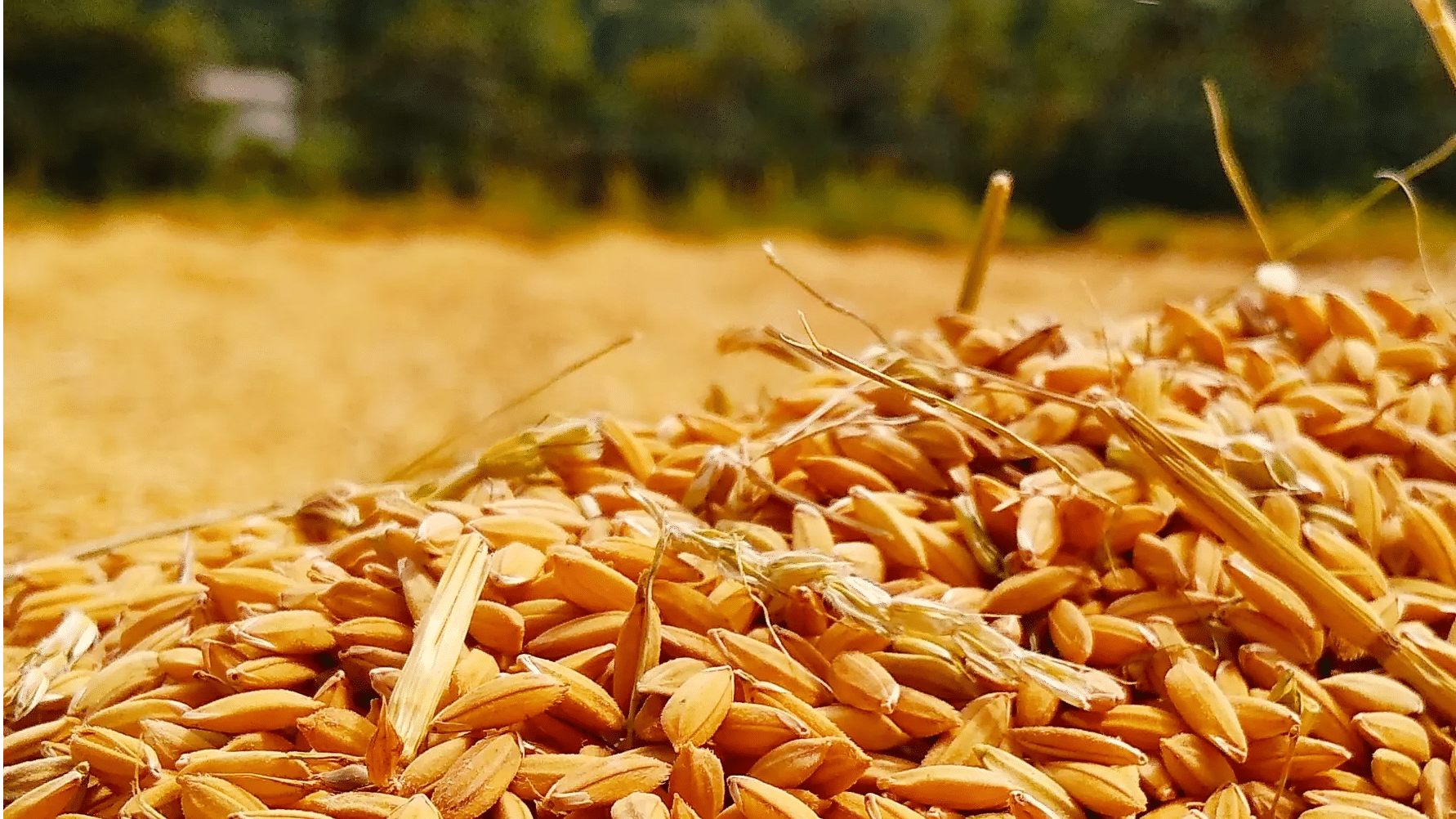India is banning wheat export, with the centre on Friday, bringing an amendment to its Export Policy, prohibiting the same, following a spike in global prices.
The notification states, “food security of India, neighbouring countries and other vulnerable countries is at risk”.
India has seen extremely low wheat procurement this year, with numbers standing at approximately 18.5 million tonnes. This eight-year low puts the nation’s wheat stocks dangerously close to the 11 metric tonnes procured in 2007-2008. This also marks the first time that wheat procured from the new crop is lesser than public stocks at the start of the marketing season, which rests at 19 metric tonnes.
Also Read | Is Russia failing to progress in Ukraine? Operation in rebel-held areas unsuccessful
In a year, India saw its wheat procurement fall from an all-time high to an eight-year low. The reason behind this is twofold.
Export demand
In 2021-2022 India exported 7.8 metric tonnes of wheat, but the war between Russia and Ukraine – countries which account for more than 28% of the global wheat export – disrupted supply chains. As a result, there was an increased demand for Indian grain, and farmers were able to ship it at higher prices than the minimum support price.
Lower production
India was on track to surpass last year’s wheat production before a heatwave spike in the middle of March. This is usually when kernels are accumulating starch, protein and other dry matter, and the crop is in the grain-filling stage.
Also Read | What did Olaf Scholz, Vladimir Putin discuss in their 75-minute long phone call?
Apart from Madhya Pradesh, where wheat is harvested by mid-March, all other areas in the country reported a 15-20% decline in yield per acre.
Thus procurement by government agencies plummetted, forcing India to take this drastic step regarding wheat export.
A global perspective
India’s decision to stop exports is bound to make wheat prices further skyrocket around the world, and make procurement even more difficult.
However, Ukraine is attempting to alleviate the situation by finding alternate sea routes to ship its grain, even as Russia maintains a stranglehold over the Black Sea ports.
Also Read | A crisis averted: Why the world can run without Russian oil
New Delhi’s decision mirrors Indonesia’s call to ban palm oil exports. Notably, President Joko Widodo had only announced this when there were protests in the country over shortages and price spikes. While Indonesia’s call resulted in cooking oil costs shooting up in India, the current decision on part of the government, to stop wheat export, is to avoid shortages within the country.







